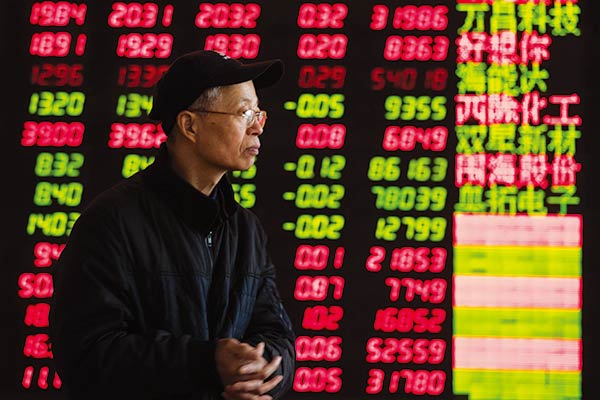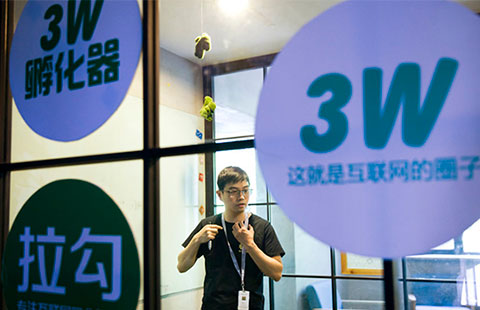MSCI delays including China A shares in benchmark index
(Agencies) Updated: 2015-06-10 08:12
 |
|
Stock information is displayed at a trading hall of a securities firm in Shanghai.[Photo/Agencies] |
US index provider MSCI Inc said on Tuesday it will hold off including China-listed shares in one of its key benchmark indexes, but expects them to be incorporated once outstanding market accessibility issues are resolved.
"In our 2015 consultation, we learned that major investors around the world are eager for further liberalization of the China 'A'-shares market, especially with regard to the quota allocation process, capital mobility restrictions and beneficial ownership of investments," said Remy Briand, MSCI Managing Director and Global Head of Research.
MSCI said the decision around China-listed shares will remain on the 2016 review list for potential inclusion into its emerging market index.
The decision may fall outside of its regular schedule of classification reviews, MSCI said in a statement.
A decision to include domestic Chinese stocks in the widely-tracked MSCI Emerging Markets Index would have injected an estimated $400 billion of funds from asset managers, pension funds and insurers into Chinese mainland's equity markets over time, MSCI has estimated.
But MSCI's hesitation shows foreign fund managers still have reservations about Beijing's willingness to fully open up its capital markets while several investment constraints persist, including restrictions on getting money in and out of the country, settlement risks and investment quotas.
Chinese "A" shares are listed in Shanghai and Shenzhen and denominated in yuan.
This is the second time MSCI has given China the thumbs-down. MSCI originally proposed in March 2014 to include Chinese "A" shares to its Emerging Markets Index, but the plan was torpedoed by large funds such as Vanguard, Fidelity, and Templeton, which said China had not taken sufficient steps to make its market investable.
Expectations that MSCI would include China's "A" shares this year increased following the landmark November launch of the Stock Connect trading link between Hong Kong and Shanghai. The link allowed foreign investors for the first time to buy domestic Chinese stocks directly via Hong Kong.
MSCI also cited the Stock Connect program as well as the imminent launch of the Shenzhen-Hong Kong Stock Connect program as positive developments.
Chinese stock markets, which mouldered in the basement for years in the aftermath of the global financial crisis, have turned into world-beaters in the last year, with the CSI300 index of the largest listed firms in Shanghai and Shenzhen soaring about 150 percent in the last 12 months.
- IPO bonanza for Chinese nuclear power firm
- China-Chile financial cooperation new springboard for bilateral collaboration
- Allianz launches Cyber and Reputation Protect to tackle emerging risks in China
- China-backed rail project part of Brazil's infrastructure program
- China 'still set for healthy growth'
- Coffee shop where Premier Li met entrepreneurs
- China's new rail giant bags first overseas deal from India
- China promises better environmental protection

















